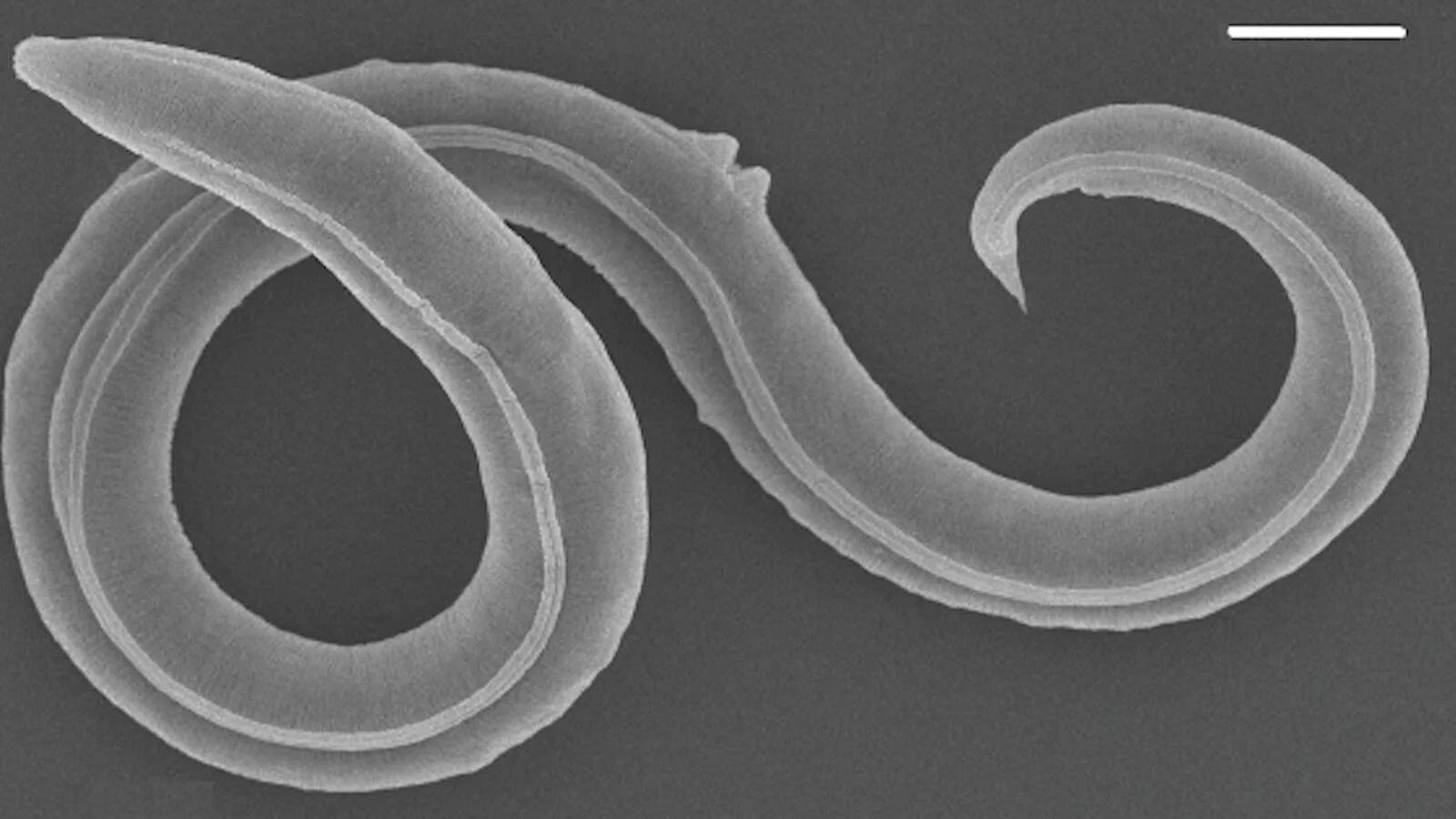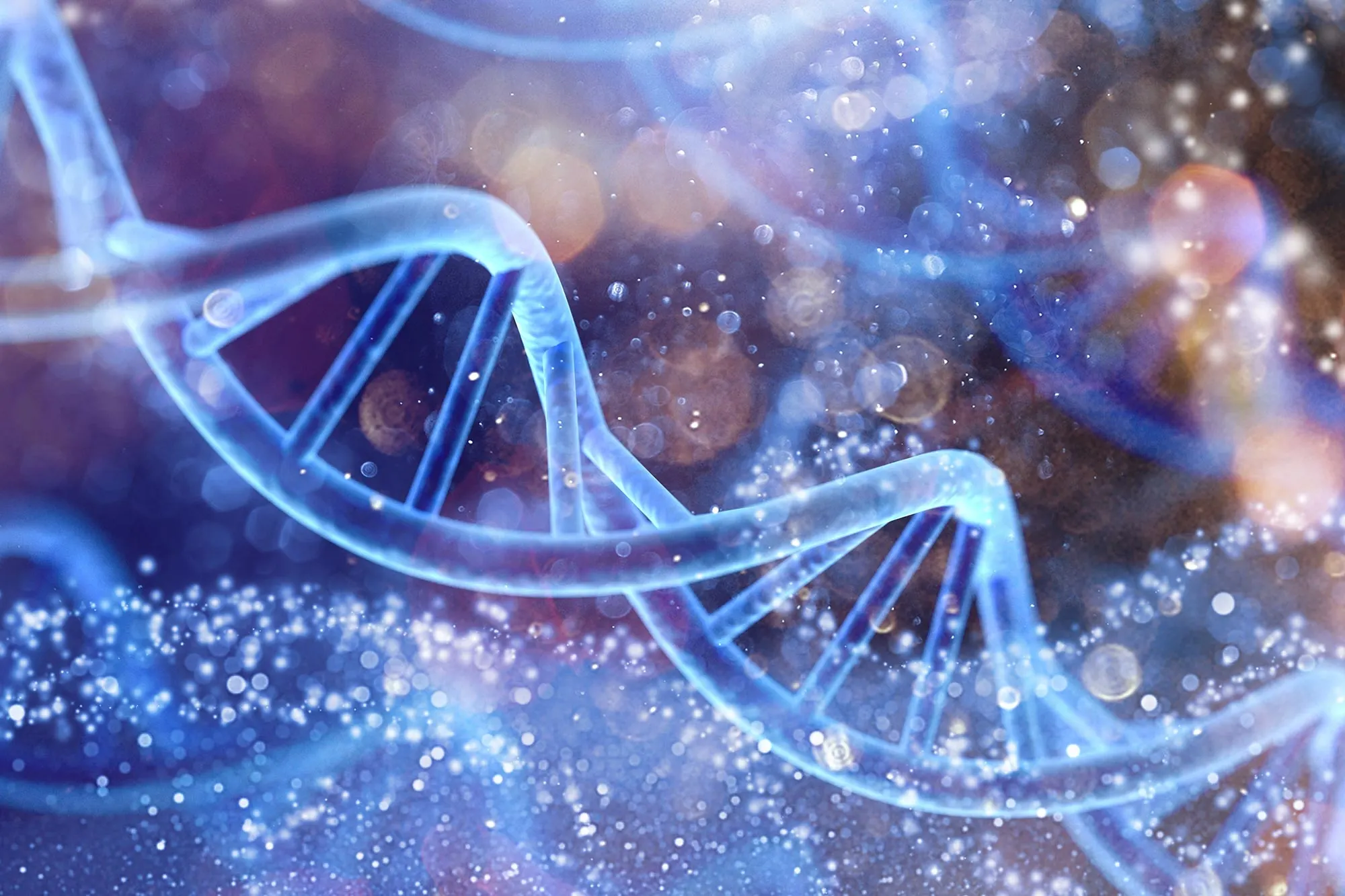Scientists have discovered that longevity can be passed down for generations without any changes to DNA. The findings in roundworms point to a new form of epigenetic inheritance.

October 5, 2025

Source:
The New York Times
Longevity Inherited Without Genes
Scientists have discovered a new pathway for inheritance that allows longevity to be passed from parent to offspring without altering the DNA sequence. The groundbreaking research, conducted on C. elegans roundworms, shows that epigenetic changes originating in the cell's recycling centers can extend lifespan for multiple generations.
This finding challenges the conventional understanding of heredity, which has long focused primarily on genes. Instead, it highlights how an organism's experiences can leave a lasting mark on its descendants.
The Key Players: Lysosomes and Histones
The study reveals an unexpected connection between two cellular components:
Lysosomes: Traditionally known as cellular waste disposal units, these organelles were found to initiate the longevity signal.
Histones: These are proteins that package DNA. Chemical modifications to histones act as the messengers, carrying the longevity instructions to the next generation.
According to a report from ScienceDaily, overexpressing a specific lysosomal enzyme boosted the worms' lifespan by up to 60%. Remarkably, this benefit was passed down for up to four generations, even to offspring that did not inherit the original genetic modification.
Keep up with the story. Subscribe to the PR+ free daily newsletter

Source:
HHMI
How Epigenetic Memory Works
The research demonstrates a clear case of transgenerational epigenetic inheritance, where traits are passed down through mechanisms other than DNA itself. The process unfolds in a precise sequence.
From Body Cells to Offspring
First, changes in the lysosomes of the parent's body (somatic) cells trigger an increase in a specific type of histone protein. As detailed by Technology Networks, these modified histones are then transported to the reproductive (germline) cells.
Once in the germline cells, the histones are chemically altered, embedding a "memory" of the longevity-promoting changes into the epigenome. This epigenetic mark is then inherited by the offspring, granting them a longer lifespan without any change to their genes.
This mechanism suggests that an organism's adaptations to its environment could be passed on far more directly than previously believed.
Read More

Source:
SciTechDaily
Share this news:




















